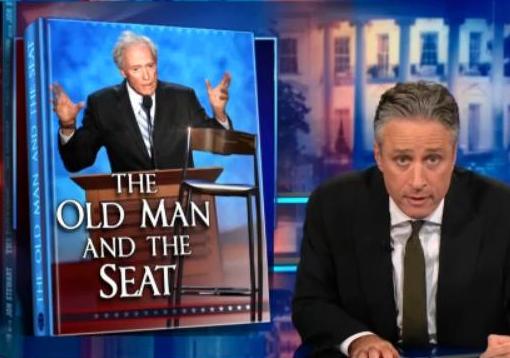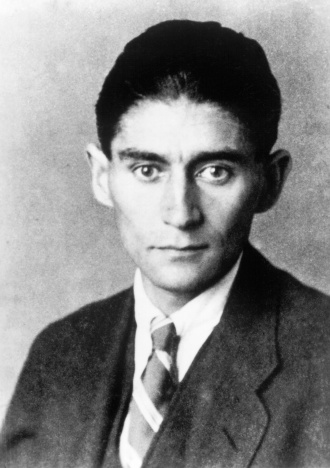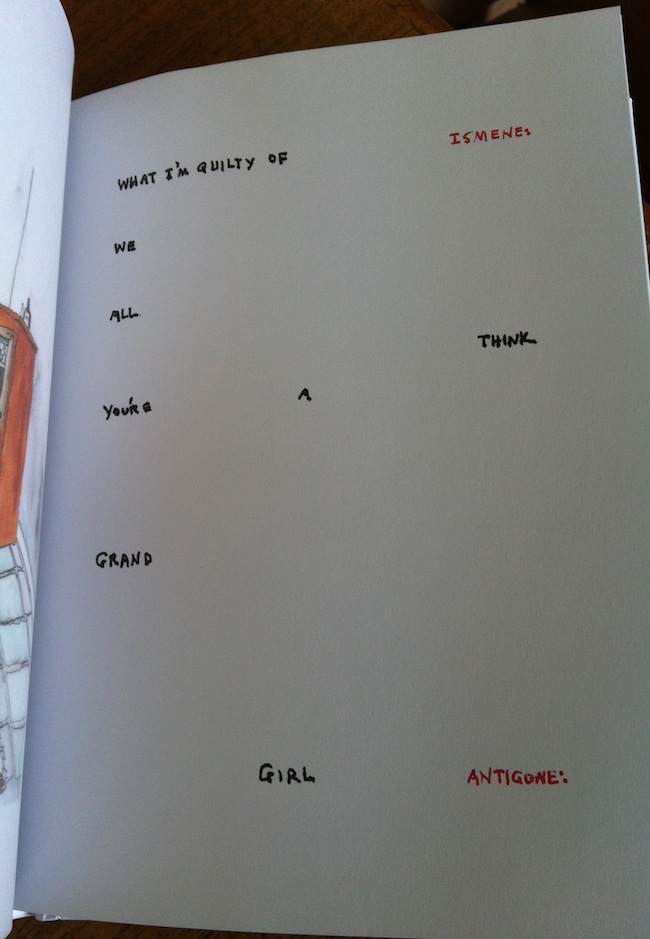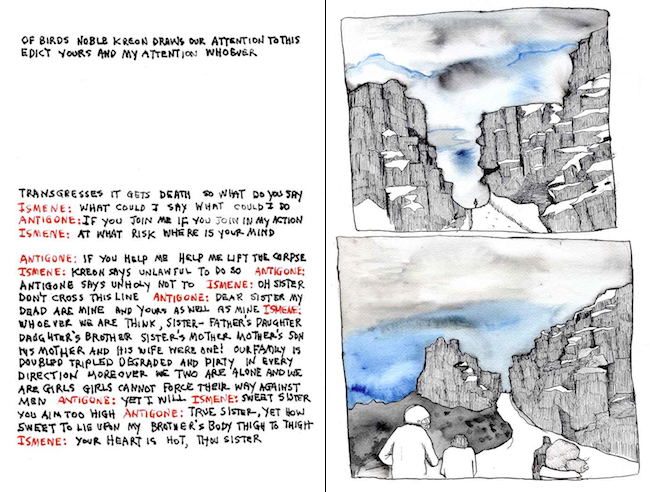Over the last few days, the idea of the “wild” has, as it were, “accidentally” cropped up repeatedly, from questions of climate change, to Beasts of the Southern Wild and gaga feminism. That’s one of the intriguing things about a durational project of this kind, how ideas arise unexpectedly that you would not otherwise have spent much time on. So what would happen if we bring the three figures of wilding, walking and occupying together? You would not be spectating, that’s for sure.
Occupying is not in itself walking but it is moving in both senses. It creates (a) movement and it is emotionally stirring. The Zapatista koan of “walking while asking questions” has seemed a good way to describe it. If “walk on the wild side” evokes the subcultures of the 1970s, Occupy is not quite that. Subcultures had codes that were recognizable to themselves but mysterious or off-putting to others, from Oscar Wilde’s queer green carnation to punk safety-pins. They invited people to look but not to understand the internal dynamics of the subculture.
Both during the encampments and the “movement of movements,” Occupy has sought to change people. Or more exactly, people have made the Occupy movement into a vehicle for change. For many of us, this is the most important aspect of the project, like feminist, queer and other variants on “the personal is political.” In this case, the dynamic was intended to change those already there and draw others in.
Writing in the fifth edition of Occupy!, filmmaker Astra Taylor describes how this has worked for her as a stepping off the sidelines that
has stripped me of the self-righteousness and surety that comes with being a spectator.
As a filmmaker who has worked with Zizek we can safely assume that Taylor is not unaware of gaze theory. Yet she puts herself into the place of being looked at as part of her decision to be involved in the process, realizing that
people are complicated, that the way to achieve profound political change is not clear, but that we must move forward nonetheless, adapting our thinking and our strategy along the way.
This may not sound “wild” but that’s what it is– a refusal to define a “line” that we must follow, to make the now infamous demands, or to assume that clarity is the greatest of virtues.
By resisting the politics of representation, we have found, almost by accident, a performative practice that is unplanned, unscripted and seen only by the other “performers.” It couldn’t be further from the currently hegemonic vogue for Marina Abramovic-style staged performance, putting the self-styled artist fully in control. To occupy, to be wild, or to walk with questions is instead to perform the right to look, in which I invent you and vice versa, a fully mutual engagement.
So far, so hooray for us. Doing “not spectating” has worked for a year. We’ve countervisualized to good effect. What we have not yet done is get fully beyond the militarized tropes of visuality. We march. We lay siege to Wall Street. We do this in the name of direct action as opposed to symbolic action.
But it’s all symbolic. After all, very few of the one per cent actually work on Wall Street itself: they’re in mid-town or Connecticut but everyone gets why shutting down Wall Street is symbolically powerful. Better yet are symbols that do not rely on a rhetoric of power and force and do not mimic military tactics. They exist: the Occupy Town Square events, the Free University, guided walks around Wall Street to tell people hidden histories of the financial district, and many more. Within and without the movement, though, there is a sense that these are not “real” actions and that confrontation equals realness. As Lady Gaga can tell you, realness is way overrated.



![yrs in debt 2]](http://www.nicholasmirzoeff.com/O2012/wp-content/uploads/2012/07/yrs-in-debt-2.jpg)


